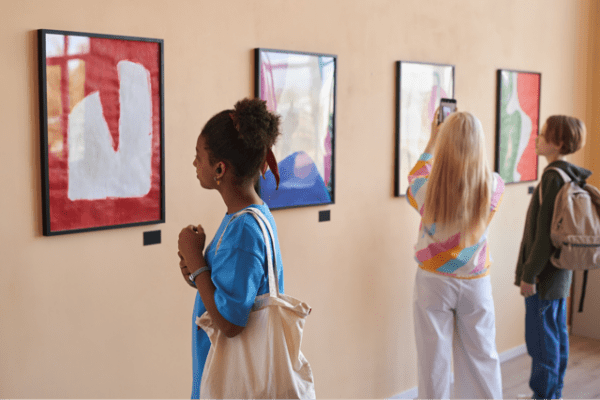
Aarhus, Denmark
Applied Conversation Analysis
When:
27 July - 14 August 2026
Credits:
10 EC
Read more
Cultural Studies
When:
25 June - 20 July 2018
School:
Institution:
Queen's University Belfast
City:
Country:
Language:
English
Credits:
10 EC
Fee:
2600 GBP

Students taking the programme will examine the theories and practices of conflict transformation from within local and global perspectives that will include case studies of Northern Ireland, the Balkans, the Middle East, South Asia and South America, as well as evaluate how religion impacts upon peace-building. Students will learn more about how interventions and policies dedicated to conflict transformation have failed or succeeded.
It will position the importance of security, transitional justice and the role of restorative justice in democracy building. Understanding how border conflicts and social injustice encourage conflict and violence will also be studied using the methods of human rights and social inclusion. Other important features of peace-building that include negotiation and dialogue, the problem of dealing with victims issues and perpetrators of injustice will also form part of the overall learning around the research methods and ethics required for the restoration of social justice.
Drawing from our experience in Northern Ireland and case studies from across the globe we will examine:
* Conflict Transformation in Local and Global Perspective
* Religion and Peacebuilding
* Intervention and Integration
* Transitional Justice
* Human Rights and Social Justice
* Cross-border Co-operation
* Discourses and Dialogue in Conflict Transformation
* Representing and Dealing with the Past
* Research Methods and Ethics in Conflict Transformation
* Policing and Securitization
Professor Fiona Magowan
Undergraduate Students
The aims of the International Summer School are to:
* Provide a rich academic experience for visiting students
* Inspire students to develop their research interests in Global Peace, Security and Justice
* Provide students with a module to the level of 3 credits in the US academic system.
* Create an environment of engagement between international students and local NGO’s, politicians and others involved in conflict and conflict transformation.
Fee
2600 GBP, * All tuition * Accommodation in a single ensuite room (own shower and toilet) on campus with a cooked breakfast * Field trips and cultural visits * Meals while on the field trips
Fee
1300 GBP, * All tuition * Field trips and cultural visits * Meals while on the field trips * No accommodation provided
When:
25 June - 20 July 2018
School:
Institution:
Queen's University Belfast
Language:
English
Credits:
10 EC

Aarhus, Denmark
When:
27 July - 14 August 2026
Credits:
10 EC
Read more

Brighton, United Kingdom
When:
29 June - 17 July 2026
Credits:
15 EC
Read more

Amsterdam, Netherlands
When:
19 January - 30 January 2026
Credits:
4 EC
Read more